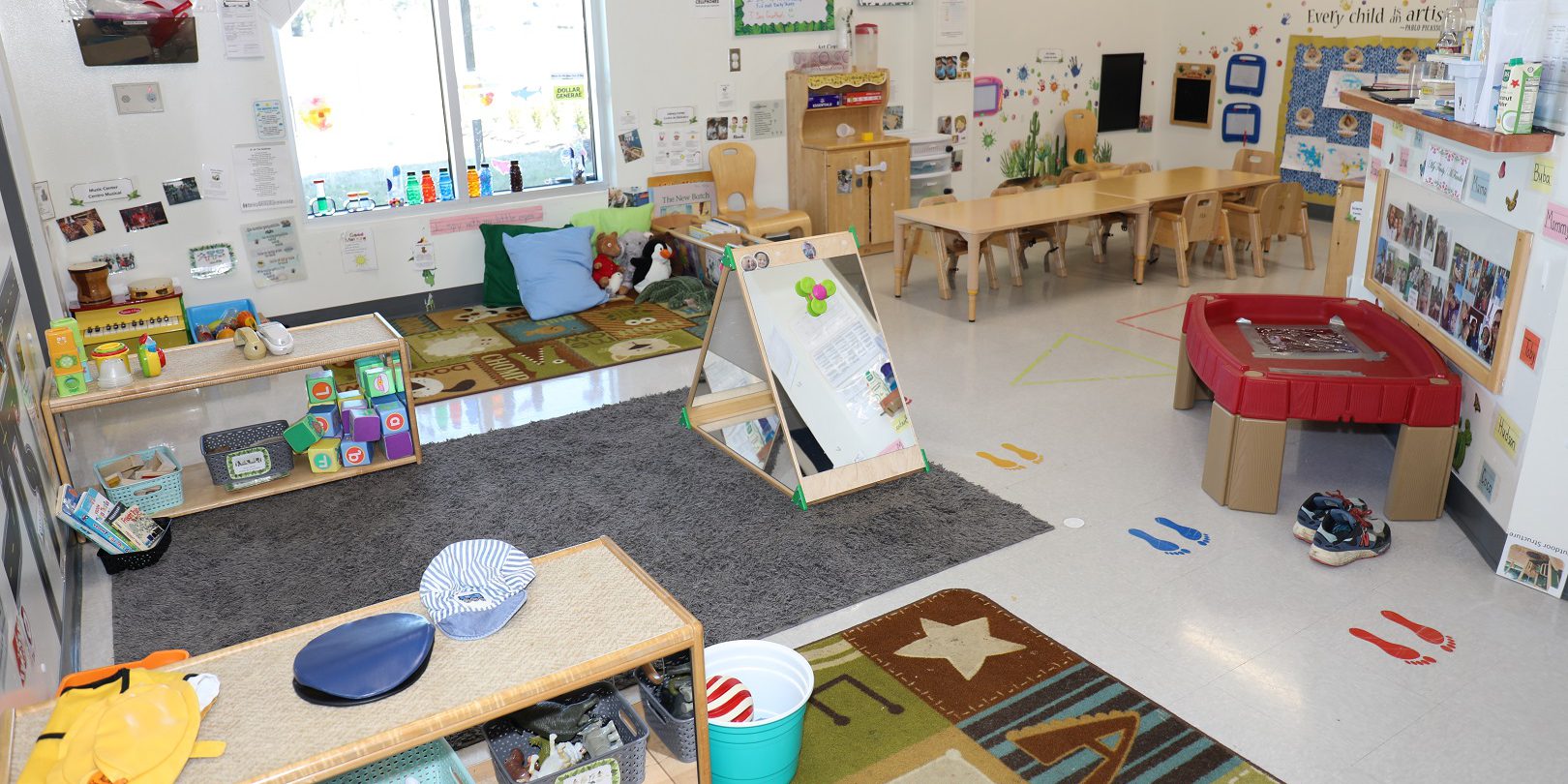Inclusive Classrooms
All children benefit from an inclusive environment. It also allows children with physical, behavioral, linguistic, or learning differences to thrive in their classrooms through reasonable accommodations recommended by health or other qualified professionals to meet their specific needs.
Professional Learning Resources
This section includes professional learning resources that can help practitioners deepen their understanding of quality for this topic.
Webinar
Practitioners will learn ways to connect with the families of infants and toddlers with differing abilities and how to promote an all-inclusive learning environment. In addition to having written policies regarding accommodations, the program has proof that additional programmatic and classroom supports are offered for families and children with differing abilities.
Age(s): Infant, Toddler
Online Course
This online self-study discusses Sensory Processing Disorder (SPD) and examines how and why SPD can impact a child’s behavior. Educators will learn how to identify the behaviors that are associated with SPD and how to include children who display these behaviors.
Age(s): Infant, Toddler, Preschool
Online Course
Children’s physical, social, and emotional development have an impact on their behavior. In this self-study, teachers will explore strategies to support children with differing sensory, developmental, and temperamental needs.
Age(s): Infant, Toddler, Preschool
Implementation Tools
In this section you will find tips, strategies, examples, and specific tools and products that can improve your implementation of practices related to this topic area.
Publication
This article includes practical, supportive behavior strategies for children on the autism spectrum. While written for parents, many of the strategies can be adapted for the classroom setting and can even help children without autism who have challenging behaviors. Program staff can begin practicing these strategies to support inclusive classrooms.
Age(s): Infant, Toddler, Preschool, School-age
Publication
This article includes tips for small changes to teaching and classroom setup that go a long way in supporting children with special needs. It also includes links to additional recommendations that help programs meet the needs of children with specific types of disabilities.
Age(s): Infant, Toddler, Preschool, School-age
Publication
This book provides a comprehensive look at the disproportionate rates of exclusionary discipline for young children of color. Readers will learn about the need to create equity-oriented early learning programs and how to influence change. Apply the principles in this book to provide additional programmatic and classroom supports to families and children with differing cultural backgrounds.
Age(s): Infant, Toddler, Preschool
Toolkit
Early Childhood Intervention (ECI) is a statewide program within the Texas Health and Human Services Commission for families with children birth up to age 3, with developmental delays, disabilities or certain medical diagnoses that may impact development. It is important for early learning programs to understand ECI definitions and services and to partner with families who have received ECI services as programs build inclusive classrooms.
Age(s): Infant, Toddler
Publication
In this publication from Penn State Extension practitioners can explore the meaning and the key components of inclusion: access, participation, and supports. By having written policies regarding additional accommodations, the program has proof that additional supports are offered for families and children with differing home languages and cultural backgrounds.
Age(s): Infant, Toddler, Preschool, School-age








